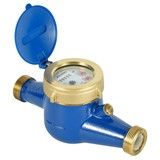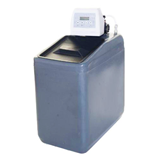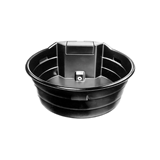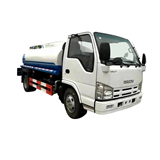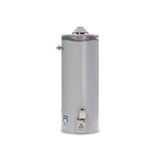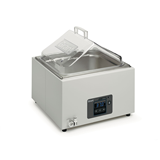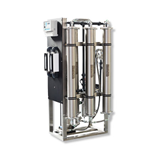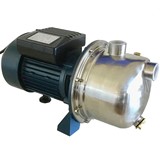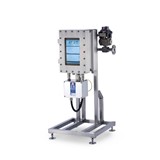The Organic Farming and Bottled Water Manufacturing industries have benefited from growing demand from consumers prepared to pay a premium for eating and drinking right.
Australians each consume approximately 12 litres of bottled water a year. The Bottled Water Manufacturing industry is worth $535 million, having grown by an average of 6.4% a year over the last decade. Supporting growth in natural and spring water has been an ever-expanding product range to include vitamin and nutrient-enriched water. Branding and marketing and even bottle shape have played a role. The industry is dominated by Coca-Cola Amatil who has a 42% market share of the industry. Bottled water has the highest profit margin of any non-alcoholic beverage.
The success of organic farming has been underpinned by similar consumer motivation. Organic farming is still composed of a large number of small-scale operators. While supermarkets are expanding their range of organic produce, including their own range of private-label products, the industry is still limited by an underdeveloped supply chain and lack of consistency in quality and supply of produce.
Starting from a very low base, organic farming revenue has grown by an average of 12% a year over the past decade to reach $405 million currently. The price premium paid for organic produce, although varying widely, is estimated to average around 80% over non-organic products.
Over the next five years, consumer attitudes to their food will continue to play a growing role in their choices and affect both industries in different ways. Growing interest in the environmental impact of food production, carbon emissions and concern for animal welfare issues will favour continued demand for organic produce. The Organic Farming industry is expected to grow by an average of 13.4% a year over the next five years.
Conversely, the bottled water industry is facing a backlash from some segments of the community over the environmental impact of bottled water, particularly the contribution of PET beverage bottles to landfills, estimated at 38%. Concern has also been expressed at the use of non-renewable petrochemicals in the production process.
In November 2009, Coca Cola Company launched a plant-based PET bottle. The company claims its new PlantBottle is recyclable, has a lower reliance on a non-renewable resource, and reduces carbon emissions compared with petroleum-based PET plastic bottles.
For industries in the food sector, the appeal of their products will depend increasingly on their health and environmental credentials.


